

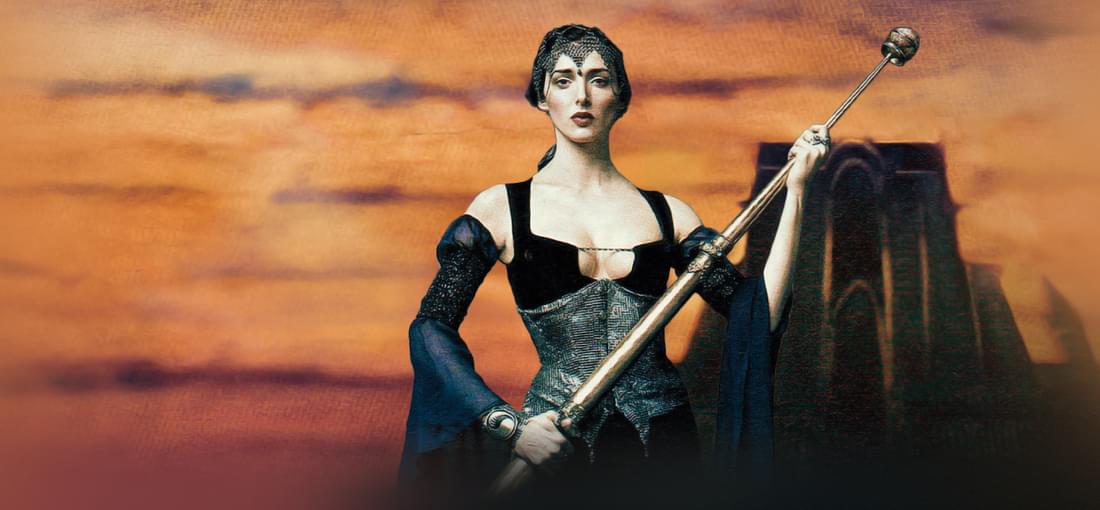
First things first, this game will not run correctly without fiddling with settings. Most importantly, you must limit the FPS to sixty, or the game will run too quickly. This can be done in your' graphics cards control panel, or with an external program. Secondly, I found that DirectX graphics worked a lot better on my PC than nGlide - you'll be prompted to pick between the two on start up. Make sure you set the game resolution to match your screen resolution, or everything will be stretched weirdly. Once you get everything working correctly, TWOT is pretty fun. The levels have lots of breakable objects, and loop back on themselves in some interesting ways. There's a diverse set of spells (called Ter'angreal) at your disposal, and the level and enemy design will push you to use them in some creative ways. There's enough variety for a game of this length, in terms of enemies and gimmicks. The soundtrack mixes typical fantasy strings and rock music in a fun combination. That said, this game can be frustrating. The last four levels have no new mechanics, and become a slog. There's lots of gotcha moments with hidden enemies and traps. You can die incredibly quickly. Several levels have gimmicks that barely work, or are really silly. This is an uneven experience at best. Adapting TWOT into an FPS was a strange choice, and was always going to lead to inaccuracies and tonal shifts. For just one example, rather than feeling creeping dread while traveling through the darkness of the Ways for hours, you fight your way through tiny sections while fighting near contantly. The vibe is completely wrong. What makes TWOT special as a book series isn't the action, locations, or lore, but instead the extensively developed charcters and the world-spanning world building. An FPS was never going to capture those aspects well, and without them, this adaptation only resembles the books in some asthetic ways.
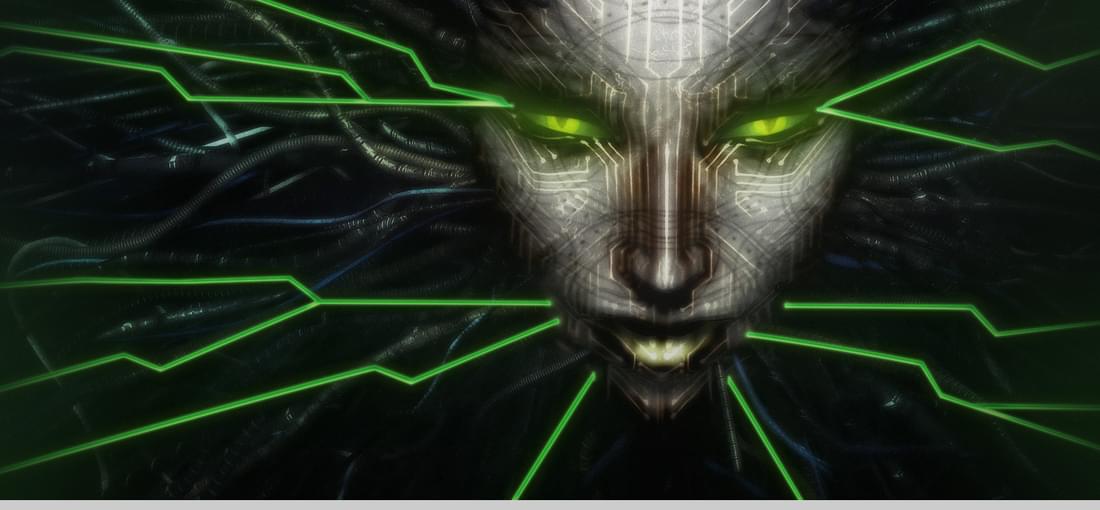
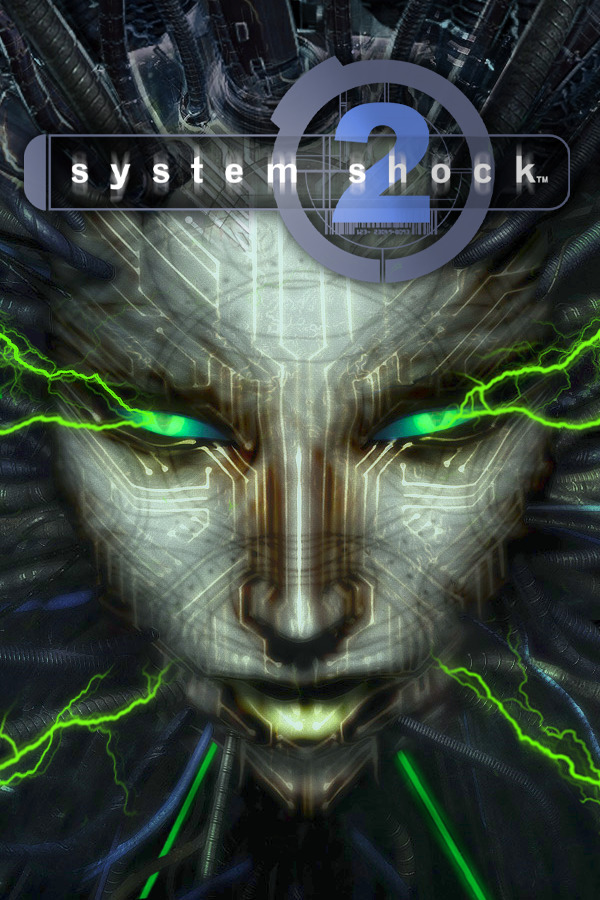
System Shock 2 closely follows the structure of the first game, but adds on a ton of RPG mechanics. This necesitates a charcter creation sequence and tutorial at the start. Add that to learning all the new systems, and you're left with a slow and frustrating beginning. If you don't unlock a decent weapon and hacking early, you'll be left struggling, and might be tempted to start over all together and make different choices. Once you get over that hump, SS2 becomes quite fun. The enviroments have great level design and storytelling, the combat is pretty fun, and the story is fun to unravel. The sound and visual design can be unerving, and SS2 can even feel like a survival horror game, for brief moments. The ending sequence is especially great, fully of some cool twists, reveals, and challenges.
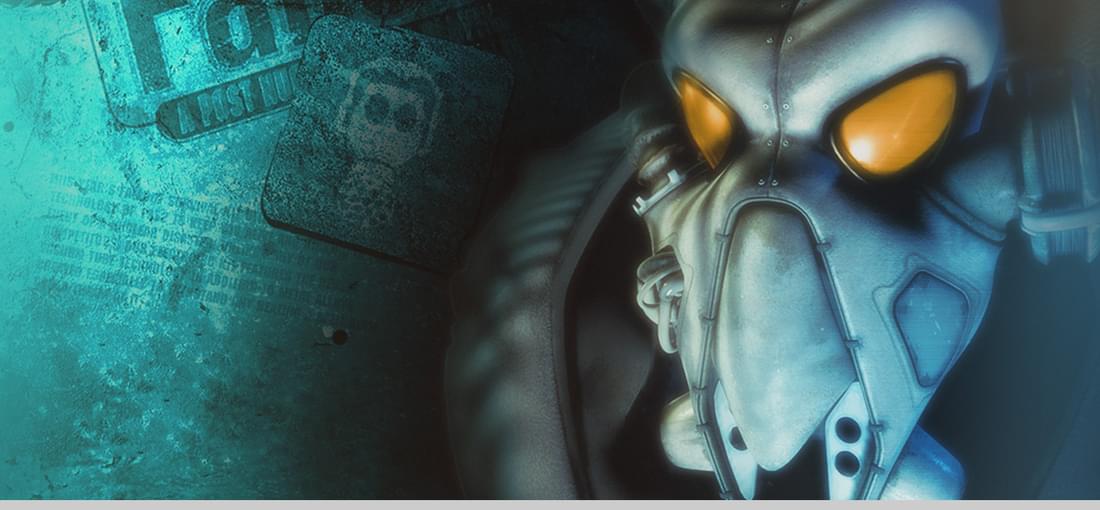
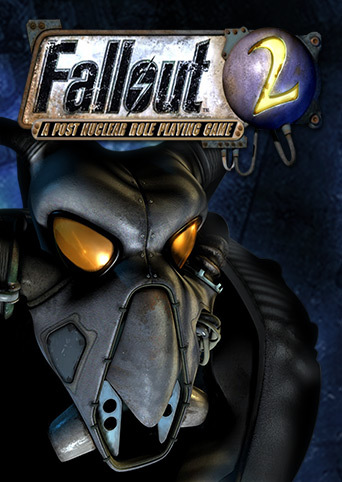
Fallout 2 is roughly three times as long as the original game. Rather than having an expanded main quest, all this extra space is used for vastly expanded side content, including dozens of side quests and many entirely optional cities. Thanks to excellent quest design and writing, this side content gives you ample space to develop your player character and define your own playstyle. You have an incredible amount of flexibility in how you solve quests and approach challenges, 95% of the game can be completed as a pacifist, for example. Unfortuantely, most mechanics remain unchanged fom Fallout 1, and said mechanics weren't really built to support such a long game. Character progression can slow to a bit of a halt, and the companions are still a pain to make use of. Though I really like the main quest, its unfortuantely linear compared to how flexible the side content is.
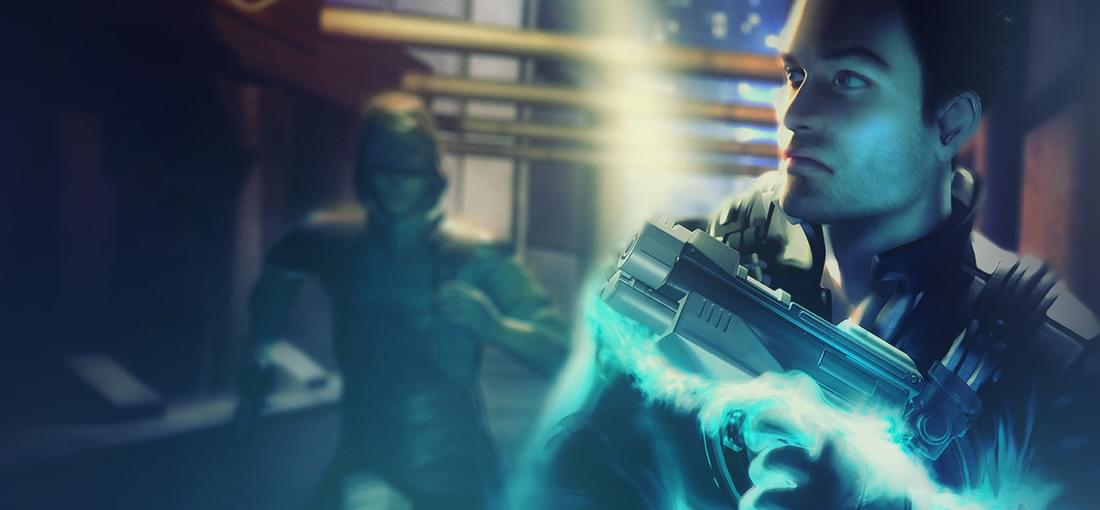
Invisible War is worse than the original game in almost every way, and Deus Ex was far from perfect. The inventory is bizzare, the combat is repetitive, the story is confusing. However, Invisible War contains several open hub areas, full of side quests and exploration. I really enjoyed these sections, and they're unlike anything in the original game. Invisible War isn't a very long game, and I felt that it was worth playing for these sections alone, even if the more linear shooting sections are garbage.
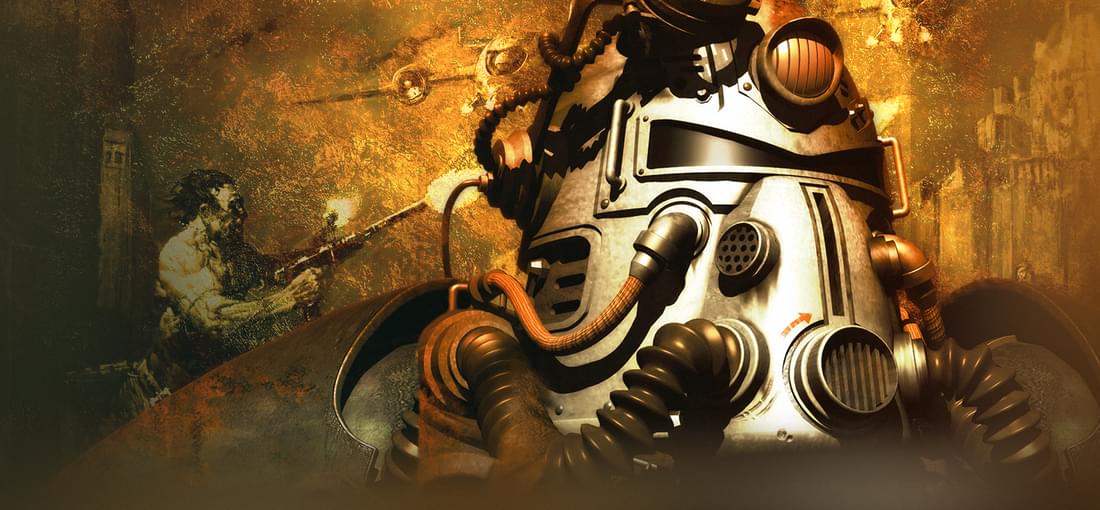
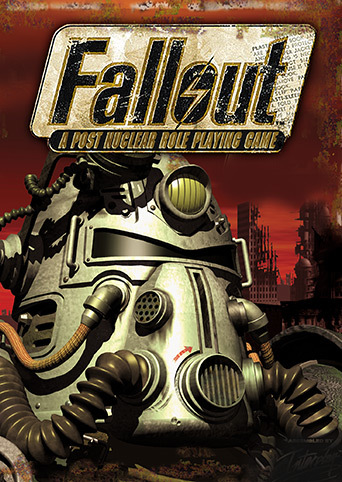
Fallout is a complex, and dense game, but also short and tight. Every location is part of your essential journey, and almost evey quest ties into the main story. Every choice, from character creation up to the ending, feels impactful, both to your mechanical progression and to your impact on the world. Fallout's art, world design, and world building are all excelent. The wasteland is atmospheric, despite the pixelated graphics and brown colors. Unfortunately, many mechanics and solutions are obtuse. Skimming the sixty page manual is basically required to get started, and even then, you'll be tempted to use the wiki frequently. This is worst in the end game, the last few quests and dungeons are full of confusing things. Fallout will demand patience beyond many people.
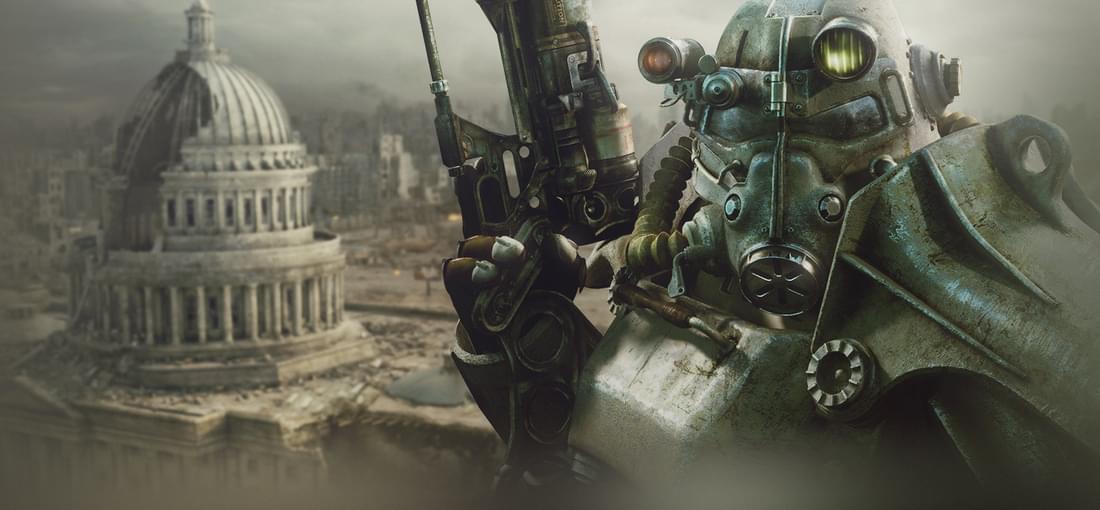
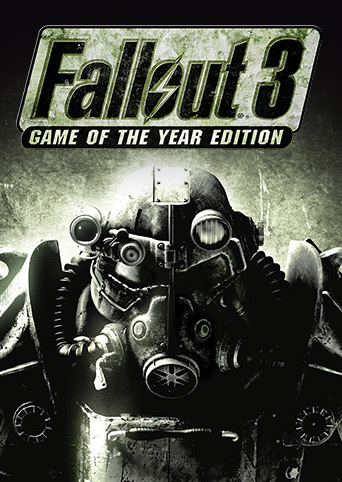
Exploring the Capital Wasteland is a blast, and enough to make Fallout 3 worth playing. The enviroment is immersive, detailed, and large, there's so much to discover and experience. Sudo-survival mechanics keep looting relevent, and especially in the opening hours, searching for valuable items can be tense and exciting. Unfortuantely, the RPG and FPS game mechanics are particularly weak. Aiming feels unreliable, the guns feel unimpactful, and the VATS "bullet time" system forces you to weight through endless slow motion animations. Character building options are trivial, there are few quests and even fewer complex ones, and most choices are unimpactful. Fallout 3's basic game mechanics can not support its long length or huge world. The main quest is really, really bad, and most of the DLC quests are even worse. I like the Pitt DLC, and some of the base game side quests though. There's fun to be had in Fallout 3, but huge parts of its runtime are very weak.